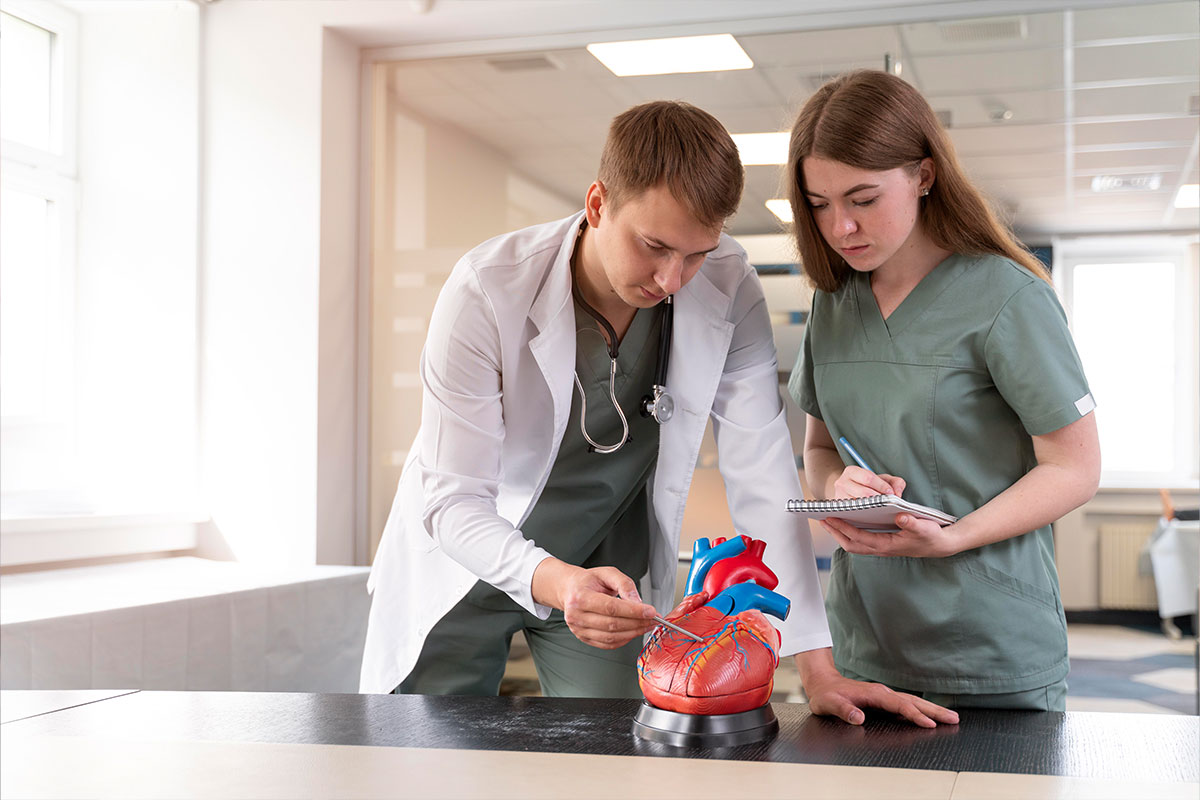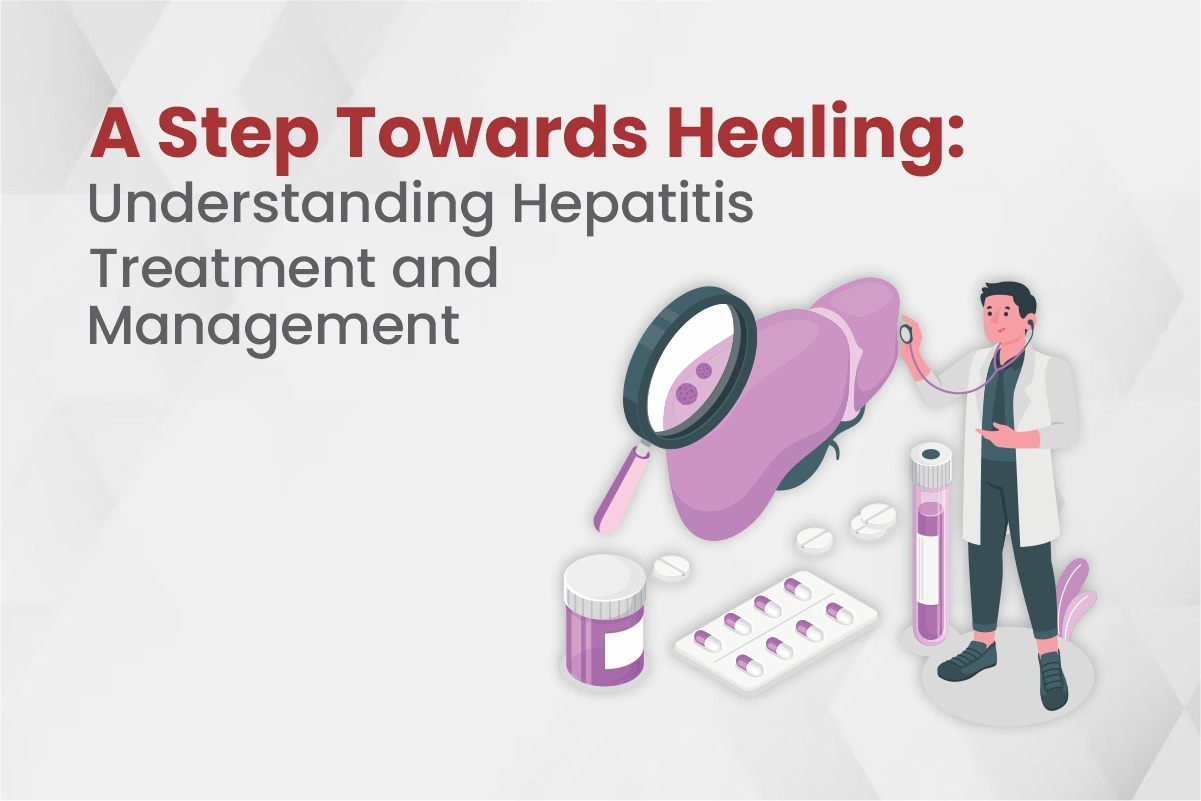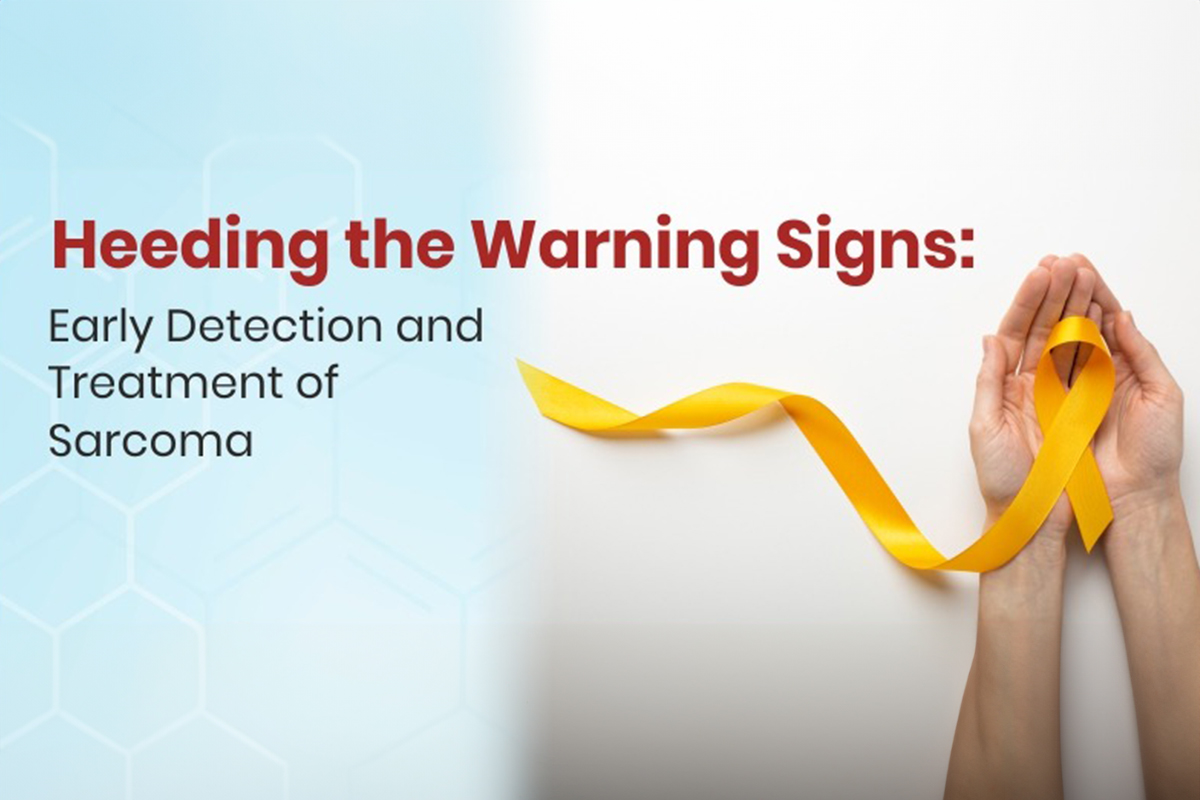
Sarcoma Awareness: Unveiling the Hidden Cancer
By in Cancer
Jul 27, 2023
Sarcoma, often referred to as the hidden cancer, is a rare and often misunderstood form of cancer that develops in the body’s connective tissues. With limited awareness and misconceptions surrounding sarcoma, it is crucial to shed light on this hidden cancer. By raising sarcoma awareness, we can empower individuals with knowledge about its signs, symptoms, and treatment options, ultimately improving early detection and patient outcomes. In this article, we aim to unveil the hidden truths about sarcoma and emphasize the importance of sarcoma awareness.
Understanding Sarcoma:
Sarcoma is a type of cancer that originates in the body’s soft tissues, including muscles, fat, blood vessels, tendons, and bones. It can affect individuals of all ages, including children, adolescents, and adults. Sarcomas can be categorized into two main types: soft tissue sarcomas and bone sarcomas. Within these types, there are several subtypes, each with its unique characteristics and treatment considerations. Due to its rarity, sarcoma is often misdiagnosed or diagnosed at advanced stages, highlighting the need for increased awareness and early detection.
Unveiling the Hidden Symptoms:
Sarcoma presents a variety of symptoms that can be mistaken for other conditions, leading to delayed diagnosis. Common symptoms include:
- Unexplained lumps or masses: Sarcomas often manifest as painless lumps or swelling in soft tissues or bones. These lumps may increase in size over time.
- Localized pain: Persistent pain, tenderness, or discomfort in the affected area may be indicative of sarcoma. The pain may worsen with movement or exercise.
- Limited range of motion: Sarcomas near joints or muscles can restrict movement, causing stiffness and reduced flexibility.
- Fractures or bone pain: Bone sarcomas can weaken the affected bone, leading to fractures or severe bone pain.
- Fatigue and unexplained weight loss: Advanced-stage sarcomas may cause fatigue, weakness, and unintended weight loss.
Spreading Awareness for Early Detection:
Raising sarcoma awareness is essential for early detection, as prompt diagnosis significantly improves treatment outcomes. Here are key strategies to promote sarcoma awareness:
- Education and Information: Initiating educational campaigns to inform the public, healthcare professionals, and schools about sarcoma is crucial. Providing accurate information about the disease, its symptoms, and available resources can lead to early detection and timely intervention.
- Community Engagement: Organizing awareness events, support groups, and fundraisers can bring together patients, survivors, caregivers, and healthcare providers. These activities create platforms for sharing experiences, providing support, and fostering a sense of community.
- Empowering Individuals: Encouraging individuals to advocate for their health and be proactive about their well-being is vital. Encouraging regular self-examinations and prompt medical consultations for any concerning symptoms can help in early detection.
- Collaboration and Research: Supporting research efforts and collaboration among scientists, healthcare professionals, and organizations dedicated to sarcoma is crucial. Increased funding can drive advancements in understanding the disease, developing targeted therapies, and improving treatment outcomes.
Treatment Options and Support:
The treatment of sarcoma involves a multidisciplinary approach, often combining surgery, radiation therapy, chemotherapy, and targeted therapies. Each treatment plan is tailored to the individual’s specific diagnosis, stage, and subtype of sarcoma. Access to specialized sarcoma centers, clinical trials, and support networks is essential for comprehensive care and emotional well-being.







